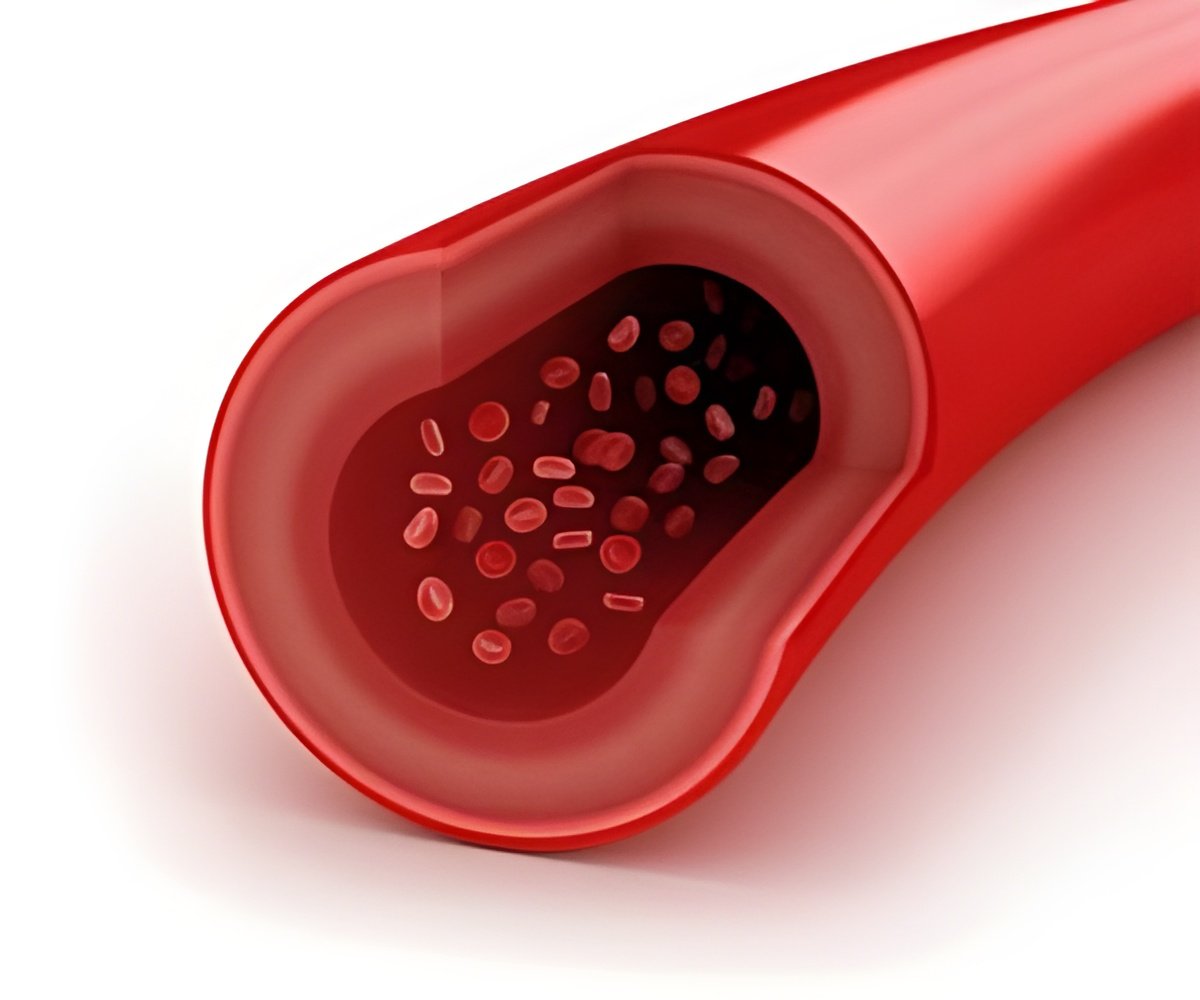
‘In postmenopausal women, blood vessel growth in muscle is reduced.’
Tweet it Now
The study has been published in the article "Angiogenic Potential is Reduced in Skeletal Muscle of Aged Women" in the renowned scientific journal 'Journal of Physiology'. Blood Vessel Growth in Postmenopausal Women
Women after menopause have a reduced ability to form tiny blood vessels, called capillaries, in their muscles, compared to younger women. After an eight-week period of spinning on stationary bikes older women were unable to increase the number of capillaries in skeletal muscle tissue.
Line Norregaard Olsen, a PhD student at the University of Copenhagen's Department of Nutrition, Exercise and Sports explains that the lack of improvement with regards to new capillary growth is most likely due to the permanent loss of estrogen after menopause:
"The study supports the idea that women benefit from being physically active prior to menopause, while their estrogen levels are high. It provides them with a better physical starting point as they enter menopause - which is important. Even though eight weeks of training of the post-menopausal women has a noteworthy effect on some parameters, it had no effect on capillary formation in muscle. A sufficient number of capillaries in muscle is important for muscle function and reduces the risk of developing type 2 diabetes."
Advertisement
- Two groups of women participated, 12 women 59-70 years of age (postmenopausal) and five women 21-28 years of age (premenopausal).
- A biopsy was taken from their thigh muscle.
- The older group trained over eight weeks on spin bikes moderate to high intensity.
- Tissue samples taken from the participants' thigh muscles were used to analyze the number of capillaries in their muscles and analyze several muscle-specific proteins.
- After 8 weeks of aerobic exercise, in the form of spinning, the postmenopausal women's fitness improved by 15%.
The study is supported by Independent Research Fund Denmark and the Danish Ministry of Culture's Fund for Sports Research.
Advertisement















